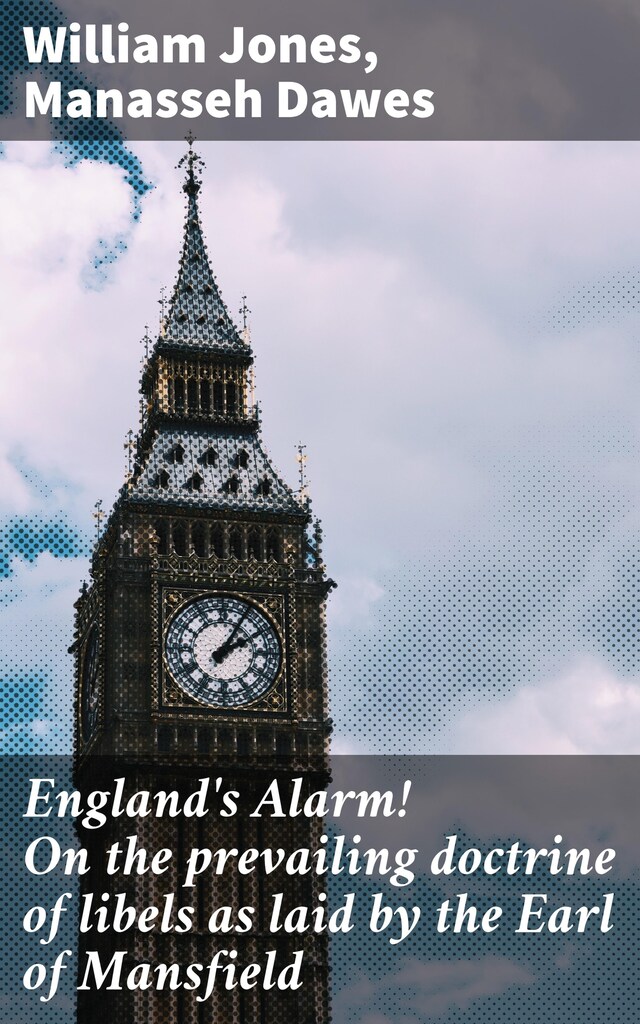
England's Alarm! On the prevailing doctrine of libels as laid by the Earl of Mansfield
A Legal and Cultural Journey Through 18th-Century Britain
Buchbeschreibung
In 'England's Alarm! On the prevailing doctrine of libels as laid by the Earl of Mansfield,' the collection presents a compelling exploration of English legal discourse through a selection of essays focusing on the contentious subject of libel law during the 18th century. This anthology navigates the tumultuous waters of freedom of expression and censorship, capturing the zeitgeist of an era marked by its battle for civil liberties. Through a variety of literary styles, from persuasive essays to pointed critiques, the works embody the intellectual fervor of the period. The spectrum of arguments elucidated in the collection is an indispensable resource for readers interested in the dynamics of legal evolution. The anthology is carefully curated by notable figures such as William Jones and Manasseh Dawes, both acclaimed for their incisive insights into the legal and philosophical issues of their time. Jones and Dawes collectively engage with crucial debates regarding the impact of Lord Mansfield's judicial influence, providing a textured understanding of the historical and cultural implications. Their essays are emblematic of the Enlightenment's pursuit of reason and its challenges, bridging contemporary legal thought and traditional judicial practices, and contributing significantly to the rich tapestry of legal literature. This volume is an essential read for anyone fascinated by legal history or the literary underpinnings of societal change. It offers an unparalleled opportunity to immerse oneself in the multiplicity of perspectives that shaped the legal frameworks of modern England. The anthology not only provides profound educational value but also kindles a dialogue among readers as they consider the intersections between law, power, and free expression. Consequently, 'England's Alarm!' commands attention from scholars and lay readers alike, promising an enlightening journey through its pages.
 34 Seiten
34 Seiten